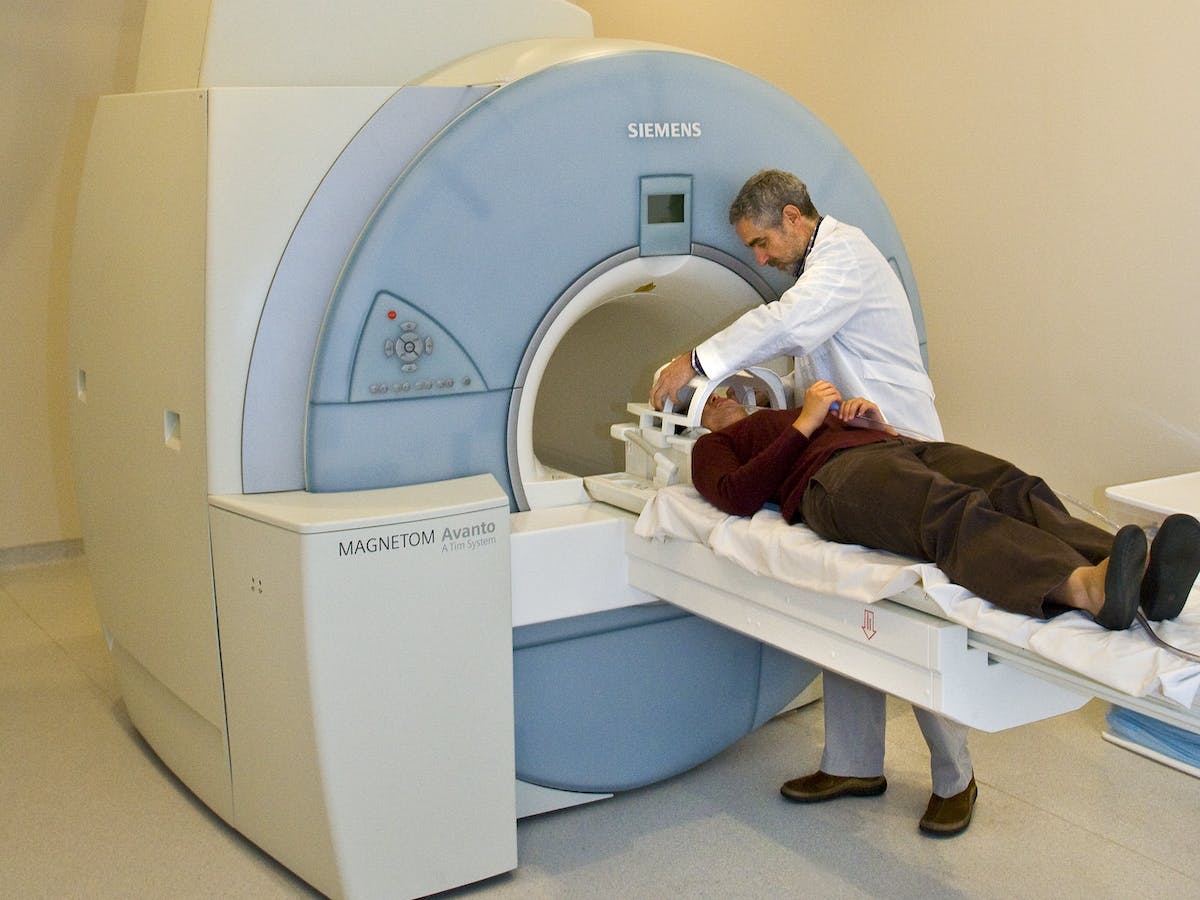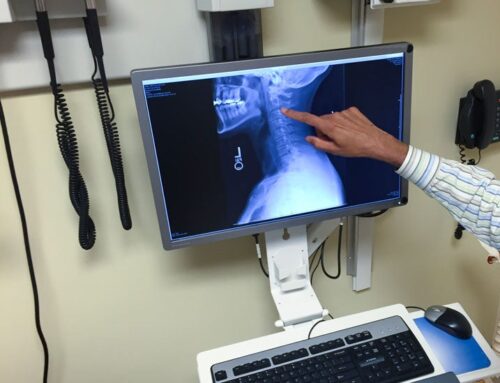Magnetic Resonance Imaging (MRI) technology has advanced significantly over the years, with new developments leading to more precise and accurate imaging capabilities. Here are some of the latest advancements in MRI technology:
-
Ultra-high field MRI:
This technology uses a magnetic field strength of 7 Tesla or greater to produce more detailed images of the human body. It has been used to identify subtle changes in the brain and could have applications in diagnosing conditions such as Alzheimer’s disease and Parkinson’s disease.
-
Functional MRI (fMRI):
This type of MRI measures changes in blood flow in the brain to identify areas that are active during specific tasks or thought processes. It has been used in research to better understand brain function and to diagnose neurological conditions.

-
Diffusion Tensor Imaging (DTI):
DTI is an MRI technique that can produce detailed images of the brain’s white matter, which helps connect different parts of the brain. It is used to study conditions such as multiple sclerosis, traumatic brain injury, and stroke.
-
MRI-guided radiation therapy:
This technology allows for more precise delivery of radiation therapy for cancer treatment. By using real-time MRI images during treatment, doctors can more accurately target tumors and spare healthy tissue.
-
Artificial intelligence (AI) in MRI:
AI is being used to improve the accuracy and speed of MRI scans. Machine learning algorithms can help identify anomalies and predict patient outcomes, allowing for more personalized and effective treatment.
Overall, these advancements in MRI technology have greatly improved our ability to diagnose and treat a range of medical conditions, and we can expect to see continued progress in the future.




